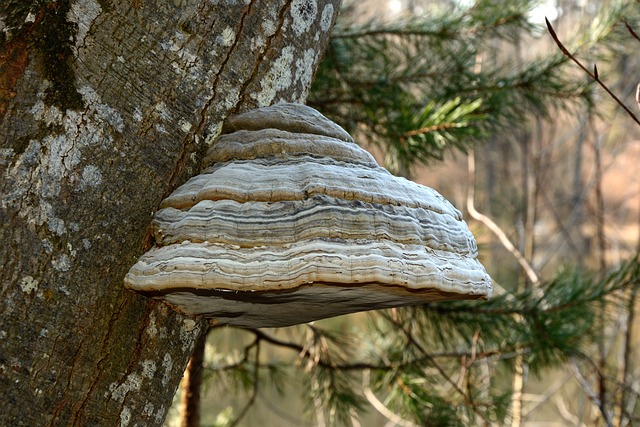Dead wood for forests

Dead wood for living forests
Dead wood is a key resource for around 30 % of forest-dwelling species and plays a vital role in the carbon and nutrient cycles, which are essential for forest regeneration and for improving the resilience and robustness of forests to global change. It also enhances the productivity of the plot by improving the biological functioning of the soil.
Wallonia's forests show a significant recurring deficit, which can be explained by a negative perception of dead wood and a limited awareness of its importance and the benefits it brings in the medium and long term.

The Dead Wood for Forests project, led by Gembloux Agro Bio Tech, began in September 2023 and will run until the end of 2024.
Its aim is to summarise knowledge of the biological issues surrounding dead wood and trees of biological interest in and for production forests, particularly with a view to improving forest regeneration. It also aims to analyse the state of the resource and perceptions of it in Wallonia, to assess the ecological and economic impact of reserving volumes of wood for necromass, and to propose a strategy, technical itineraries and content for training courses to raise awareness among all those involved in the timber industry.
A number of surveys have already been carried out to assess perceptions, obstacles, levels of acceptability and possible solutions within the timber industry.
Technical itineraries will then be established in order to manage this resource as effectively as possible, also integrating the compartment of trees of biological interest and very large trees, which generate large volumes of large dead wood.
To illustrate these routes, at the end of 2024 the RFSB will be setting up specific training courses (from awareness-raising to practical implementation in the field) for players in the wood industry and for specialist schools.
To this end, RFSB is currently looking for production forest plots with large dead wood and trees of biological interest.
Articles
No articles written yet
This page is automatically translated by artificial intelligence. If you see any errors or untranslated phrases, please let us know by mail.
